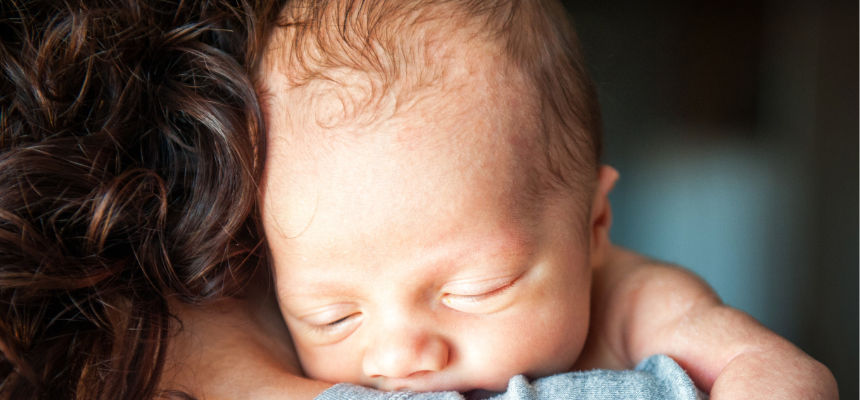Overview: A short summary of parent and child fostering. We’ll explore who can become a parent and child foster carer to help you decide whether the role suits you. We will then consider how much foster parents get paid per child, how parent and child fostering allowances are set, and give details of our Lancashire fostering allowances.
Like many other types of fostering, demand for parent and child foster care is growing within the UK. This is a special type of fostering that aims to give children the best chance to remain with their family. Foster carers who offer parent and child fostering help parents develop the skills and qualities to parent safely, responsibly and independently. It’s a remarkable role that requires empathy, energy and commitment. And while it’s most common for families with babies or younger children, you may also help parents with older children to overcome disadvantages and gain confidence in their parenting abilities.
Who can become a parent and child foster carer?
From helping with night feeds, getting everyone into the swing of good routines, attending necessary health visitor appointments, and meeting with social workers, parent and child foster carers have long and varied to-do lists.
You don’t need specific experience to apply to be a parent and child foster carer or to offer mother and baby foster care placements.
Skills parent and child foster carers need
Parent and child foster carers need particular skills and qualities to build trust with and mentor the parents who come into their home.
You’ll need:
- Ability to put others at ease
- Empathy and patience
- Confidence
- Good observation, record-keeping and communication skills
You will also need to meet qualifying criteria to be a foster parent, which includes having a spare room in your home and being over the age of 21.
Your role is to support the parent in carrying out everyday parenting tasks, and you’ll also need to help with the care of the baby or child. On a day-to-day basis, you’ll support the parent in your home, allowing them to develop confidence in essential parenting skills and in carrying out tasks from nappy changes to putting baby down for nap time, with plenty of playtime along the way.
Welcoming a parent and child into your home as a foster carer can change their lives. You’ll play a fundamental role in improving a child’s life experience. Your feedback on a parent’s progress will also be considered when deciding whether the child will be safe in their parent’s care.
While we’d always prefer that a child remains with their birth parents, this is not always the very best outcome for the child. This is, therefore, a particularly crucial role in fostering. You will provide a safe and nurturing environment for a child and parent to hopefully thrive in. Jobs don’t come much more satisfying than that.
How much do foster carers get paid per child?
Foster carer payments vary according to factors like the number of children you welcome into your home, their ages and their needs. Payments vary and are dependent on many factors, including who the local authority is and the type of fostering that is being sought.
Lancashire fostering allowances
Foster Careline is an independent provider fostering agency. This means we set our own fostering rates, which we review annually to ensure they provide the financial support needed by foster carers to help those who stay with them.
As a Foster Careline parent and child foster carer, you will receive a weekly allowance of £799.24, this rises if you support more than one child, or parent. In most cases this allowance is tax free. For more information and pay and allowances, visit our payment and benefits page, or speak with our carer enquiries team who can provide further guidance.
Parent and child fostering allowances and tax
These payments, known as your fostering allowance, receive generous tax relief known as Qualifying Care Relief, which will increase yearly in line with inflation. As a foster family, you’ll also benefit from a fostering tax exemption of up to £18,140 per household. This means that in most instances, self-employed fosterers find that they don’t need to pay tax on parent and child fostering allowances.
Additional benefits for foster carers
Foster Careline is part of the Five Rivers Child Care family – a social enterprise committed to transforming the lives of children and young people. As part of this partnership, our foster carers have access to expertise and services that aren’t available with many smaller providers. Beyond this partnership, we are proud of the additional practical benefits that we can offer our foster carers.
- Additional therapeutic support for children and parents in your care to help them to heal
- Specialist training we provide free training that is open to all our foster carers, so that you can take on this highly specialised fostering
- Opportunities and support for children and young people to take part in local and national events with other care-experienced children
- A local fostering office, so you can connect with other foster families nearby
You can learn more about this specialist type of fostering on the parent and child fostering page. Want to find out more about the skills and qualities we’re looking for in a foster carer? We would love to hear from you! You can enquire online or call us on 0151 378 6873.

